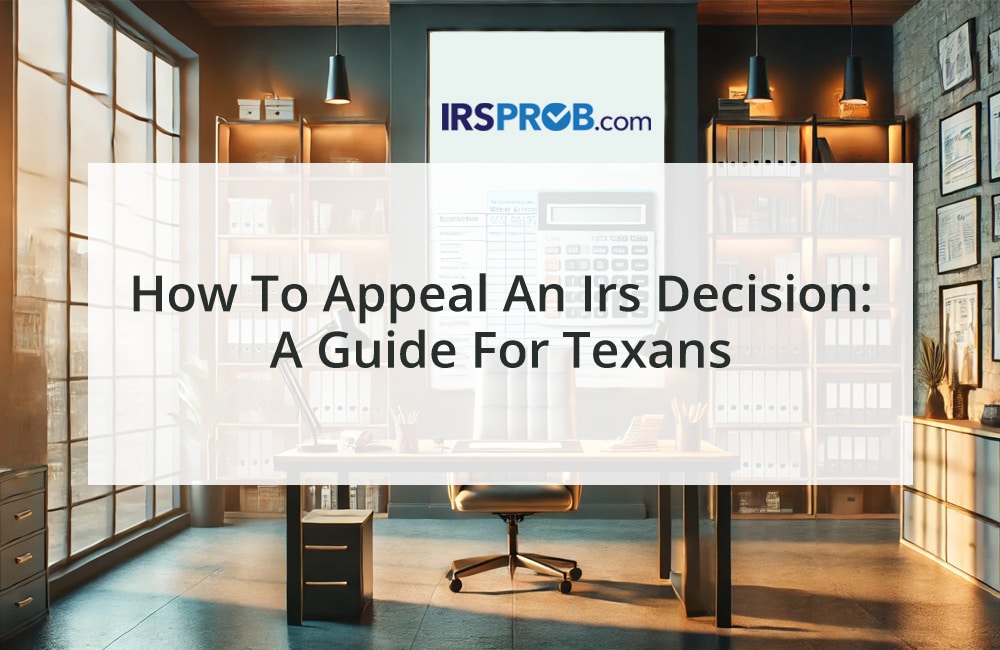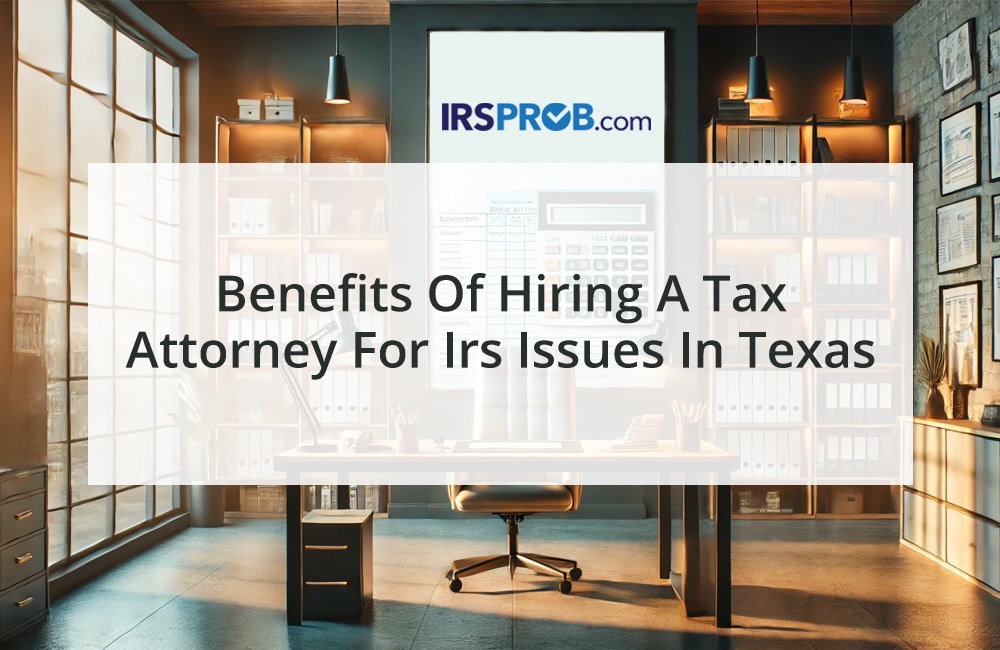
As a business owner, managing rising healthcare costs is one of your ongoing concerns, and a Health Savings Account (HSA) can offer a practical, tax-efficient solution. HSAs allow you to save for medical expenses while reaping significant tax benefits. If your business offers health insurance, or you’re looking for ways to manage your healthcare costs personally, understanding how HSAs work is essential.
What Is a Health Savings Account (HSA)?
An HSA is a tax-exempt custodial account designed to help you save for medical expenses. You, your spouse, and your dependents can all benefit from an HSA, provided the medical expenses are not reimbursable by insurance or any other source. Contributions to an HSA are tax-deductible, and distributions used for qualified medical expenses are tax-free.
For business owners, offering HSAs as part of your employee benefits package could enhance retention, and as an individual business owner, you can leverage HSAs to reduce your tax burden.
Who Qualifies for an HSA in 2024?
To qualify for an HSA, you must meet the following criteria:
- You must be covered by a High Deductible Health Plan (HDHP).
- You cannot have other health coverage, except for specific types such as disability, dental, or vision care.
- You cannot be enrolled in Medicare.
- You must not be claimed as a dependent on someone else’s tax return.
For 2024, an HDHP is defined as having a minimum deductible of $1,600 for self-only coverage and $3,200 for family coverage. The maximum annual out-of-pocket expenses are capped at $8,050 for individuals and $16,100 for family coverage.
Contribution Limits for 2024
The IRS has set the following contribution limits for HSAs in 2024:
- Self-only coverage: Up to $4,150 for individuals under age 55, and $5,150 for individuals age 55 or older.
- Family coverage: Up to $8,300 for families where the account holder is under age 55, and $9,300 for families where the account holder is age 55 or older. If both spouses are over 55 and have separate HSAs, each can contribute an additional $1,000, for a combined limit of $10,300.
These contributions are tax-deductible, offering you the opportunity to reduce your taxable income while saving for future healthcare needs.
How HSAs Benefit Business Owners
HSAs are not just for employees; they can be a powerful tool for business owners to manage healthcare costs. Here’s how:
- Triple Tax Advantage: Contributions are tax-deductible, earnings grow tax-free, and withdrawals used for qualified medical expenses are also tax-free.
- Long-term Savings: Unused HSA funds roll over year after year, allowing you to build a health savings nest egg for future expenses. This is particularly beneficial for self-employed individuals or small business owners who need flexible healthcare savings.
- Retirement Planning: After age 65, you can use HSA funds for non-medical expenses without facing a penalty (though distributions for non-medical purposes will be taxed as ordinary income). This makes an HSA a great supplement to your retirement strategy.
Special Considerations for Employers
If you’re an employer, contributing to your employees’ HSAs can be a tax-efficient way to enhance their benefits. Employer contributions are tax-deductible and can be excluded from employee wages, reducing payroll taxes. Providing HDHPs and HSAs as part of your employee benefits package can also help attract and retain top talent, especially in industries where competitive healthcare benefits are a key differentiator.
Maximizing the Benefits of an HSA
To get the most out of your HSA in 2024, consider the following tips:
- Plan for Future Expenses: Think of your HSA as a long-term savings vehicle, especially for medical expenses in retirement.
- Invest Your HSA Funds: Many HSA providers allow you to invest your balance once you hit a certain threshold. This can help grow your HSA faster over time, giving you more flexibility in covering future medical expenses.
- Use HSA Funds Wisely: Withdraw funds only for qualified medical expenses to avoid a 20% penalty (if you’re under age 65). Expenses that qualify include doctor visits, prescription medications, and even certain over-the-counter products.
Conclusion
For business owners, HSAs offer a wealth of advantages—from tax savings to flexible medical expense coverage. Whether you’re self-employed or managing a team, leveraging an HSA can help you manage healthcare costs efficiently and strategically. If you haven’t considered opening an HSA for 2024, now is the time to explore this powerful financial tool and its benefits.








